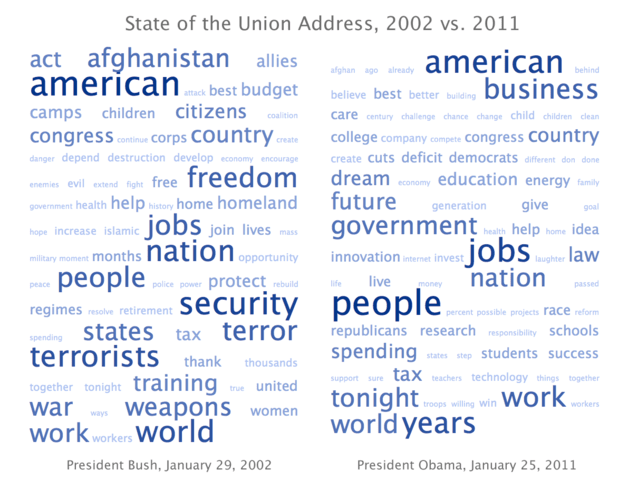Term vs Word
Although the terms “word” and “term” are often used interchangeably, they do have distinct meanings. A word is a meaningful element within a language, whereas a term is a word that carries a specific meaning in a particular context. In other words, all terms are words, but not all words are terms. Words carry a general meaning that is understood by the majority of people, while terms have a more specialized meaning in specific situations or disciplines.
What is a Word?
A word is a complete, meaningful element of a language, made up of morphemes, which are the smallest elements of a language. Words can stand alone and make sense in isolation, and when combined with other words, they create sentences. Adherence to grammatical rules is essential when constructing sentences. Words can be spoken or written and carry a meaning that is understood by the majority of speakers of that language, making their meaning almost universal.
What is a Term?
A term is a word or combination of words that carries a particular meaning in a specific situation. For example, various disciplines such as sociology, psychology, biology, and geography have terms that convey unique meanings to users within those fields. A term can represent an idea, abstract thought, object, or concept. While a term may have a general meaning in everyday life, it acquires a different meaning within a specific discipline.
Key Takeaways
- A word is a complete, meaningful element of a language, while a term has a specific meaning within a particular context or discipline.
- All terms are words, but not all words are terms.
- Words have a universal meaning understood by speakers of a language, while terms have specialized meanings within specific situations or fields.
